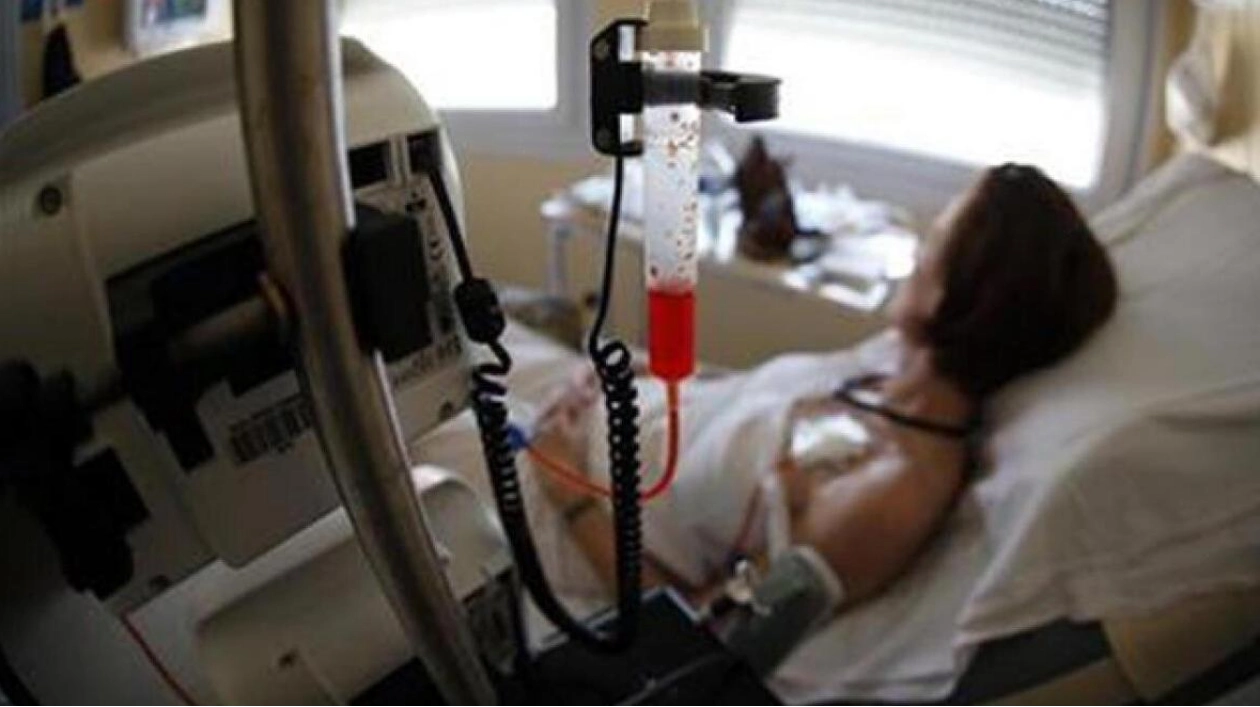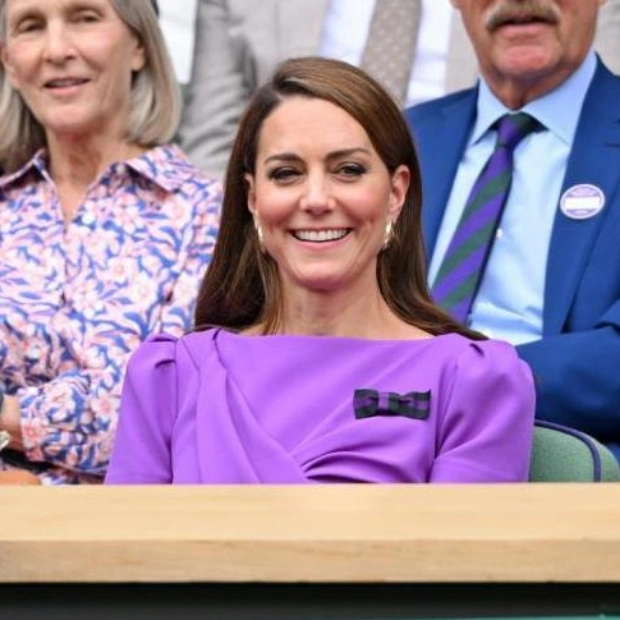A 46-year-old woman has triumphed over a rare and aggressive form of stomach cancer. She was diagnosed with neuroendocrine carcinoma (NEC), a type of cancer that is extremely rare, affecting less than 1% of stomach cancer cases. She initially sought medical attention for stomach pains, and her CT scan revealed a malignant gastric ulcer and a liver lesion. Her biopsy confirmed the presence of a high-grade, aggressive tumor.
The tumor had a Ki-67 proliferation index of 90%, indicating rapid cancer cell division. A Ki-67 index of over 30% is considered high. Doctors highlighted that this case exemplified SEHA’s multidisciplinary approach in diagnosing and managing rare and complex diseases. The treatment plan involved a collaborative approach, beginning with pre-operative nutritional support via a feeding tube to improve the patient’s health prior to surgery. The surgery was minimally invasive, primarily aimed at removing all cancerous tissue.
Post-surgery, a detailed histopathology analysis confirmed the tumor type and its extent, guiding subsequent treatment steps. “This case underscores the necessity for a collaborative and multidisciplinary approach in managing rare and challenging malignancies,” stated Dr. Solomon Kuruvilla P John, a leading specialist who handled the patient's surgery. “This case report emphasizes the importance of thorough evaluation, evidence-based decision-making, and comprehensive treatment planning to optimize patient outcomes,” he added.
Following the surgery, the patient was closely monitored with imaging scans to ensure complete removal of the cancer and to detect any recurrence.






